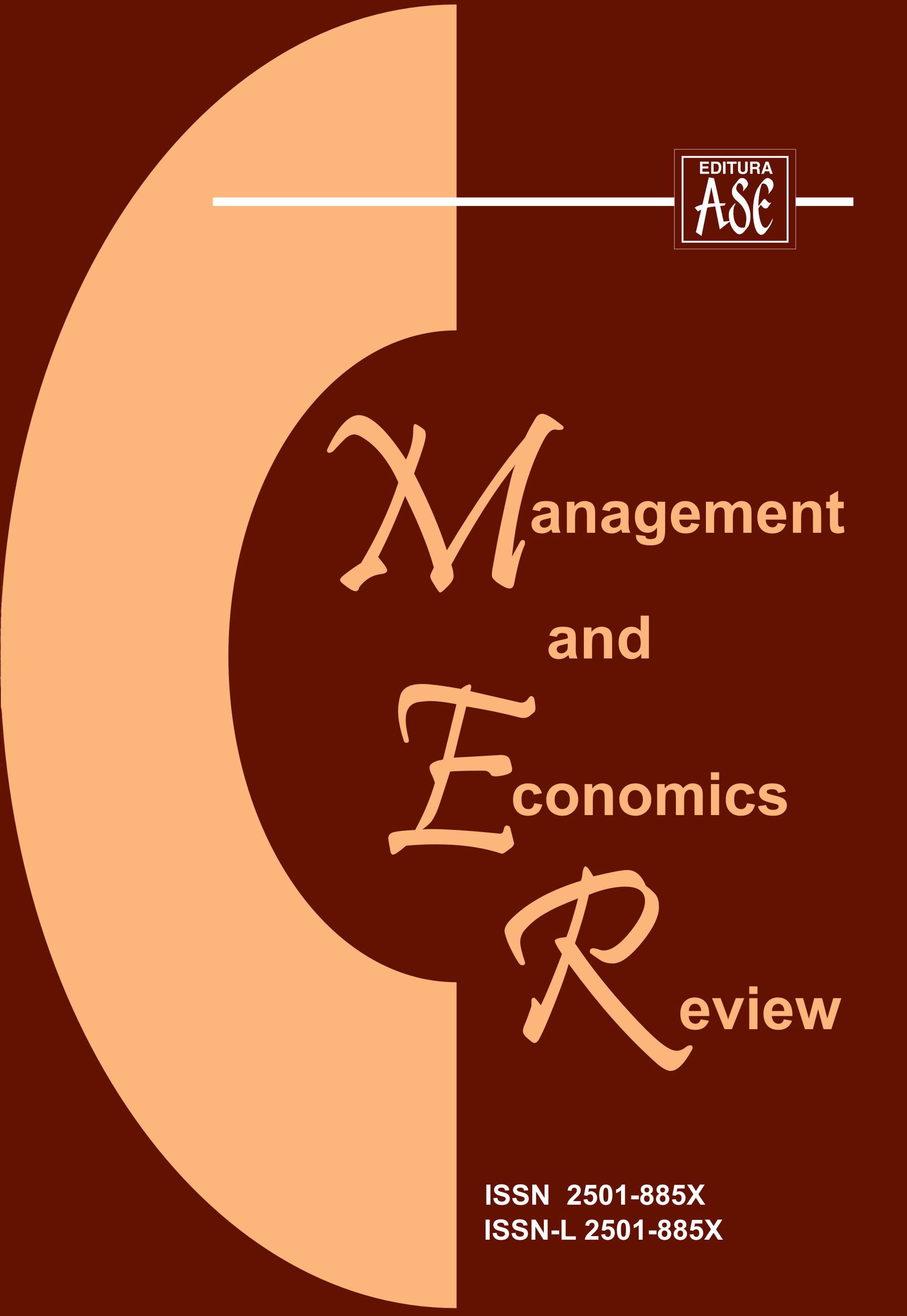An Empirical Study on the Relationship between Accounting Conservatism and Asset Impairment Recognition: Evidence from Companies in Taiwan
An Empirical Study on the Relationship between Accounting Conservatism and Asset Impairment Recognition: Evidence from Companies in Taiwan
Author(s): Mei-Chu Huang, Chan-Chuan Ting, Yu-Jia ChenSubject(s): Economy
Published by: EDITURA ASE
Keywords: asset impairment; gains on impairment reversal; accounting conservatism;
Summary/Abstract: In this study, we investigate the impact of the conservatism of a company’s financial statements on management’s motivation to recognize asset impairment, and the impact of accounting conservatism on prior period impairment losses and gains on impairment reversal. The empirical results showed that a higher accounting conservatism level can reduce management manipulation for recognized more impairment losses in the prior period and then more gains on impairment reversal. That is, a higher level of accounting conservatism can reduce prior period impairment losses, recognized by managers, to make reserves to facilitate the recognition of gains on impairment reversal in a later period, to apparently ‘improve’ earnings.
Journal: Management and Economics Review
- Issue Year: 3/2018
- Issue No: 1
- Page Range: 58-74
- Page Count: 17
- Language: English

